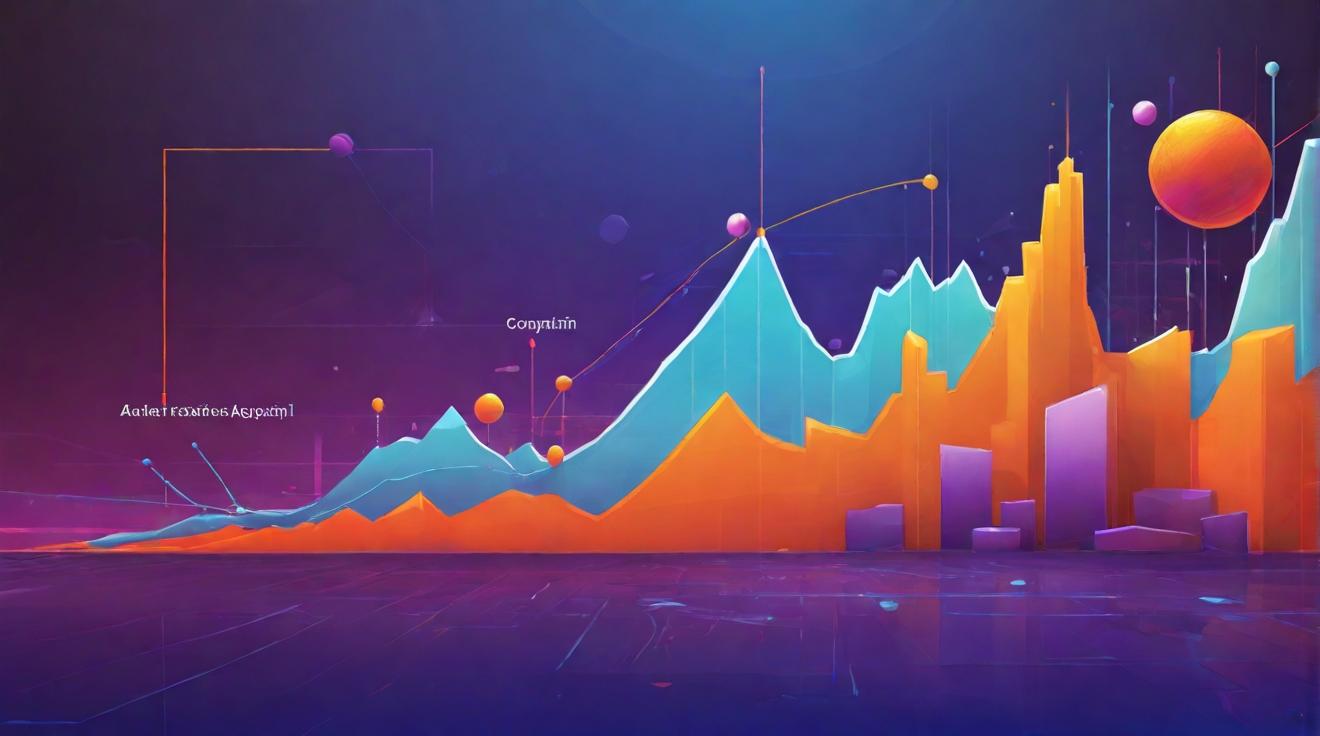Artificial Intelligence (AI) in Medical Diagnostics Market to Reach USD 30.76 Billion By 2032
Artificial Intelligence (AI) in Medical Diagnostics is booming, with predictions that the market will hit USD 30.76 billion by 2032. The market is growing rapidly, boasting a healthy CAGR of 39.7%. Let's break it down in simple terms so everyone, including housewives, can understand this exciting development.
Market Overview
AI can process large amounts of data and identify patterns, which is particularly useful in healthcare. It helps in diagnosing diseases, discovering new drugs, and even predicting patient outcomes. Imagine AI as a super-smart assistant that can quickly review various medical reports like X-rays, MRI scans, and genetic tests to give doctors a clearer picture of what's wrong with a patient.
Key Highlights
- In 2022, AI in medical diagnostics was valued at USD 1.08 billion.
- By 2032, this market is expected to grow massively to USD 30.76 billion.
- The software segment accounted for the highest market share in 2022.
- The North America region led the market in 2022.
Why is AI Important in Medical Diagnostics?
AI can identify signs of diseases in medical images with high accuracy and speed, making it easier for doctors to diagnose and treat patients. For example, AI can quickly analyze a mammogram to detect early signs of breast cancer, potentially saving lives by catching the disease early.
Key Companies in the Market
Several big companies are leading the charge in AI for medical diagnostics, including:
- Intel Corporation
- Google Inc.
- IBM Corporation
- Microsoft Corporation
- Siemens Healthcare
- GE Healthcare
These companies are developing innovative products and solutions to stay ahead in the game.
Detailed Market Segmentation
Component Outlook
- Software: Accounted for the highest share in 2022.
- Hardware
- Services
Application Outlook
- In Vivo Diagnostics: These are tests done directly on the body, like an MRI scan.
- In Vitro Diagnostics: These are tests done in a lab, like blood tests.
End User Outlook
- Hospitals: Expected to grow due to the rise in surgical procedures.
- Diagnostic Imaging Centers
- Diagnostic Laboratories
Growth Drivers
The rise in digitization and the adoption of electronic health records (EHRs) generate a massive amount of data. AI helps doctors make sense of this data quickly and accurately, driving the demand for AI in medical diagnostics.
Conclusion
The future of AI in medical diagnostics looks promising, with significant growth expected in the coming years. This technology is not only making healthcare more efficient but also more accessible and reliable. Whether it’s checking a scan for signs of disease or predicting patient outcomes, AI is revolutionizing how we approach medical diagnostics.
Stay Updated: Keep an eye on industry leaders like Intel, Google, and IBM as they continue to innovate and push the boundaries of what's possible in medical diagnostics.













